Introduction
Understanding macronutrients—protein, carbohydrates, and fats—is crucial for reaching your fitness goals. These essential nutrients influence everything from energy levels to muscle growth. In this guide, we’ll break down how to balance these macronutrients effectively, helping you optimize your diet for weight loss, muscle gain, and improved endurance.
By tailoring your nutrition to your specific needs, you can fuel your workouts, enhance recovery, and achieve lasting results. Let’s dive into the basics and discover how to fuel your body for success.
Table of Contents
Introduction
Understanding Macronutrients
Protein
Carbs
Fats
Optimizing Macronutrient Ratios
Weight Loss Tips
Tips For Gaining Muscle Through Nutrition
Endurance Performance
Conclusion
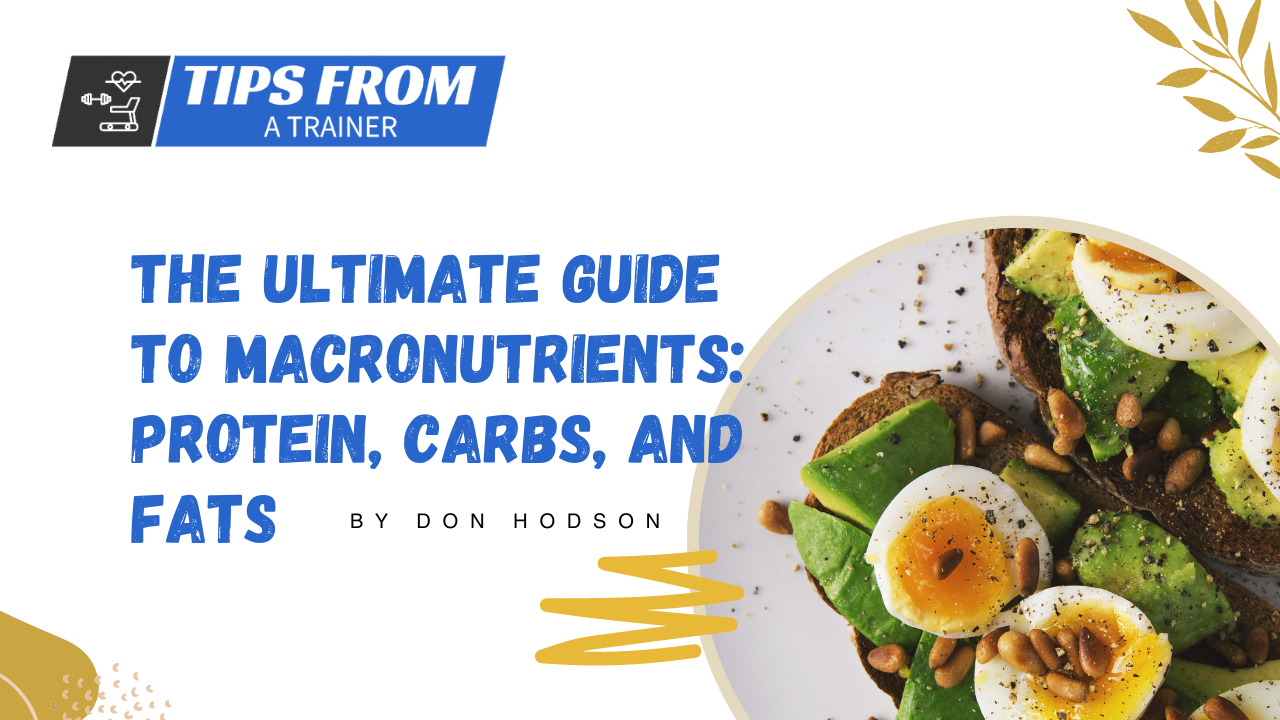
Understanding Macro-Nutrients
Protein
Protein is often considered the most important macronutrient for anyone focused on fitness, and for good reason. It is the building block of muscle, essential for repairing and growing tissue after the stress of exercise. But protein’s role in the body goes far beyond just muscle development. It’s involved in virtually every cell function, from immune response to hormone production and enzyme activity.
For those looking to build muscle, protein is non-negotiable. During strength training, your muscles undergo tiny tears. Protein helps repair these tears, leading to muscle growth over time. But how much protein do you need? The answer can vary based on factors like your body weight, activity level, and fitness goals. Generally, a daily intake of 1.6 to 2.2 grams of protein per kilogram of body weight is recommended for those engaged in regular strength training.
Sources of protein should be varied and high-quality. Lean meats such as chicken and turkey, fish, eggs, dairy products, and plant-based options like tofu, lentils, and chickpeas are all excellent choices. It’s also important to distribute protein intake evenly throughout the day. Consuming protein with each meal helps maintain a steady supply of amino acids, which are essential for muscle repair and growth.
For individuals who find it challenging to meet their protein needs through food alone, protein supplements can be a practical solution. Whey protein, casein, and plant-based protein powders offer a concentrated source of protein that’s easily absorbed by the body, making them ideal post-workout when your muscles are in most need of repair. Protein bars, and ready-to-drink shakes are also convenient options for busy days or when you need a quick, protein-rich snack on the go.
But protein isn’t just about muscle. It also plays a significant role in weight management. High-protein diets have been shown to increase satiety, meaning you feel fuller for longer, which can help reduce overall calorie intake. Additionally, protein has a higher thermic effect compared to carbs and fats, meaning your body burns more calories digesting it.
In summary, protein is a vital macronutrient for anyone focused on fitness, whether your goal is to build muscle, lose weight, or simply maintain a healthy diet. By including a variety of protein sources in your meals and considering supplements when necessary, you can ensure your body has the fuel it needs to perform and recover.
Carbs
Carbohydrates are often misunderstood, with many people believing they should be avoided to lose weight or improve health. However, carbs are your body’s primary source of energy, especially during high-intensity exercise. Without sufficient carbohydrates, your body can’t perform at its best, whether you're lifting weights, running, or participating in any other form of physical activity.
Carbohydrates can be categorized into two types: simple and complex. Simple carbs, found in foods like sugar, candy, and baked goods, are quickly digested and provide a rapid spike in energy, followed by a crash. On the other hand, complex carbs, found in whole grains, fruits, vegetables, and legumes, are digested more slowly, providing a steady release of energy over time. For sustained energy and better overall health, complex carbohydrates should make up the majority of your carb intake.
For those focused on endurance training or high-intensity workouts, carbohydrates are essential. They replenish glycogen stores in the muscles and liver, which are depleted during exercise. When glycogen levels are low, you may feel fatigued and your performance can suffer. This is why athletes often "carb load" before long races or competitions, ensuring they have ample energy stores to draw from.
The amount of carbohydrates you need can vary based on your activity level, metabolism, and fitness goals. For those engaged in regular exercise, especially endurance sports, a diet consisting of 45-65% of daily calories from carbohydrates is often recommended. This ensures your body has enough fuel to perform at its peak.
In addition to fueling your workouts, carbohydrate supplements also play a role in recovery. After exercise, consuming carbs helps to replenish glycogen stores and kickstart the recovery process. This is particularly important if you're training frequently or at high intensities, as it allows you to maintain energy levels and continue performing at your best.
However, not all carbohydrates are created equal. While complex carbs should be the foundation of your diet, it’s important to limit refined and processed carbs, which can lead to blood sugar spikes and contribute to weight gain. Instead, focus on whole, unprocessed foods that offer additional nutrients like fiber, vitamins, and minerals.
Carbohydrate timing can also be important, particularly for athletes or those involved in high-intensity training. Consuming carbs before a workout can help fuel your session, while eating them post-workout aids in recovery. This strategic timing ensures that your body has the energy it needs when it needs it most.
Overall, carbohydrates are a vital component of any balanced diet, particularly for those focused on fitness. By choosing the right types of carbs and consuming them in the right amounts, you can ensure your body has the energy it needs to perform, recover, and stay healthy.
Fats
Fats have long been vilified in the diet world, but they play several critical roles in your body. Far from being the enemy, fats are essential for brain function, hormone production, and overall cellular health. The key is to focus on healthy fats while limiting unhealthy ones.
There are three main types of fats: saturated, unsaturated, and trans fats. Unsaturated fats, which include monounsaturated and polyunsaturated fats, are considered the healthiest fats. They are found in foods like avocados, nuts, seeds, and olive oil, and they support heart health, reduce inflammation, and improve cholesterol levels.
Saturated fats, found in foods like red meat, butter, and dairy products, should be consumed in moderation. While not inherently bad, too much-saturated fat can contribute to increased cholesterol levels and a higher risk of heart disease. Trans fats, on the other hand, should be avoided as much as possible. These artificial fats, often found in processed and fried foods, have been linked to numerous health issues, including heart disease and inflammation.
Fats are also important for weight management. While they are more calorie-dense than protein and carbohydrates, fats can help you feel full and satisfied, which can prevent overeating. Including healthy fats in your diet can also support metabolic health and help with the absorption of fat-soluble vitamins (A, D, E, and K).
For those focused on fitness, fats play a crucial role in providing long-lasting energy, particularly during endurance activities. Unlike carbs, which provide quick energy, fats are broken down more slowly, offering a steady source of fuel for long-duration exercise. This makes them especially important for athletes involved in activities like long-distance running, cycling, or swimming.
Balancing your fat intake is essential. Aim to include a variety of healthy fat sources in your diet, while keeping an eye on portion sizes to avoid excessive calorie intake. This approach not only supports overall health but also enhances your body's ability to perform and recover from exercise.
Incorporating fats into your diet isn’t just about choosing the right types; it’s also about timing. For instance, consuming fats before a workout isn't ideal since they take longer to digest and could make you feel sluggish. However, including healthy fats in your post-workout meal can support recovery by reducing inflammation and providing essential nutrients.
In summary, fats are an essential part of a healthy diet, especially for those who are active. By focusing on unsaturated fats, limiting saturated fats, and avoiding trans fats, you can support your overall health and enhance your fitness performance.
Optimizing Macronutrient Ratios
Once you understand the distinct roles of protein, carbohydrates, and fats in your diet, the next step is to determine the optimal balance of these macronutrients based on your specific fitness goals. Whether you aim to lose weight, build muscle, or enhance endurance, adjusting your macronutrient ratios can significantly influence your progress.
For Weight Loss:
If your goal is to shed body fat, one effective strategy is to slightly reduce your carbohydrate intake while increasing your protein consumption. This approach helps to preserve lean muscle mass during weight loss, which is crucial because muscle tissue burns more calories at rest compared to fat. By maintaining or even slightly increasing your muscle mass, you can enhance your resting metabolic rate, thereby aiding in fat loss.
High-protein diets are particularly effective in weight loss due to their ability to promote satiety. When you feel full for longer periods, you’re less likely to overeat or snack between meals, which can help you maintain a calorie deficit. Protein-rich foods such as lean meats, fish, eggs, and plant-based proteins like tofu and lentils should be staples in your diet.
In addition to increasing protein, incorporating moderate amounts of healthy fats can also be beneficial. Fats contribute to satiety, and healthy fat sources like avocados, nuts, seeds, and olive oil can help you feel satisfied while providing essential nutrients that support overall health. While fats are calorie-dense, they are also important for absorbing fat-soluble vitamins and supporting hormone production, which can aid in the weight loss process.
Carbohydrates should not be eliminated, but rather adjusted to fit your activity level. Opt for complex carbohydrates like whole grains, fruits, and vegetables, which provide fiber and a steady release of energy. This steady energy helps to avoid the highs and lows associated with simple sugars and refined carbs, which can lead to cravings and overeating.
For Muscle Gain:
Building muscle requires a surplus of calories, with a particular emphasis on protein and carbohydrates. Protein is the foundation of muscle growth, as it provides the amino acids necessary for muscle repair and synthesis. When you engage in resistance training, your muscles experience micro-tears, and protein helps to repair these tears, leading to stronger and larger muscles.
For effective muscle gain, aim to consume around 1.6 to 2.2 grams of protein per kilogram of body weight daily. This can be achieved through a combination of whole foods and supplements if needed. Spread your protein intake throughout the day, ensuring that each meal contains a sufficient amount to maintain muscle protein synthesis.
Carbohydrates are equally important in a muscle-building diet because they provide the energy needed for intense workouts and recovery. Consuming carbohydrates before and after your workouts can help fuel your exercise and replenish glycogen stores in your muscles, promoting better performance and recovery. Complex carbs like oats, brown rice, quinoa, and sweet potatoes are excellent choices for sustained energy.
Healthy fats should also be included in a muscle-building diet, though in slightly lower amounts compared to protein and carbs. Fats support hormone production, particularly testosterone, which plays a key role in muscle growth. Incorporating sources of healthy fats like olive oil, nuts, seeds, and fatty fish can help ensure you get the essential fatty acids your body needs.
For Endurance:
Endurance athletes have unique macronutrient needs, with a greater emphasis on carbohydrates to sustain prolonged physical activity. Carbohydrates are the most efficient fuel source for endurance activities because they are stored as glycogen in your muscles and liver. During long periods of exercise, these glycogen stores are depleted, and maintaining adequate carbohydrate intake helps to keep them replenished, preventing fatigue and improving performance.
For those involved in endurance sports like running, cycling, or swimming, a diet consisting of 55-65% carbohydrates is often recommended. This ensures that your body has enough energy to sustain prolonged activity. Focus on complex carbs that provide a steady release of energy, such as whole grains, fruits, vegetables, and legumes. In some cases, carbohydrate supplements like energy gels or drinks may be beneficial during long training sessions to maintain energy levels.
Protein remains important for endurance athletes as well, as it aids in muscle repair and recovery after training. Including lean protein sources in your meals can help support recovery and reduce muscle soreness, allowing you to maintain a consistent training schedule.
Fats also play a role in endurance nutrition, though they are typically a secondary fuel source to carbohydrates. Healthy fats can provide a slow-burning energy source and support overall health, particularly during ultra-endurance events where fat metabolism becomes more prominent. Include a moderate amount of healthy fats in your diet from sources like nuts, seeds, and fatty fish.
The key to optimizing macronutrient ratios is to tailor your intake based on your specific goals, activity level, and individual metabolism. There’s no one-size-fits-all approach, so it may require some experimentation to find the balance that works best for you. Tracking your food intake and monitoring your performance and body composition can help you fine-tune your diet for optimal results.
Another important aspect of macronutrient optimization is nutrient timing. When you consume your macronutrients can be just as important as how much you consume. For instance, consuming protein and carbs post-workout can enhance recovery by providing the necessary nutrients to repair and rebuild muscle tissue and replenish glycogen stores. On the other hand, spacing your protein intake throughout the day can help maintain muscle protein synthesis, which is key for muscle growth and repair.
Carbohydrate timing can be particularly important for endurance athletes. Consuming carbs before exercise can provide the energy needed for performance, while eating them during and after long sessions can help sustain energy levels and promote recovery.
Weight Loss Tips
When it comes to weight loss, the basic principle is creating a calorie deficit, meaning you consume fewer calories than you burn. However, how you achieve that deficit can greatly influence your results, particularly in terms of muscle retention, energy levels, and overall well-being.
One effective strategy is to prioritize protein in your diet. Protein not only helps preserve lean muscle mass while you're losing fat but also promotes satiety, which can help you stick to your calorie goals. High-protein foods like lean meats, fish, eggs, and legumes can make you feel fuller for longer, reducing the likelihood of overeating. Additionally, the thermic effect of food (TEF) is higher for protein than for fats or carbohydrates, meaning your body burns more calories digesting protein.
Incorporating complex carbohydrates into your diet can also support weight loss by providing sustained energy throughout the day. Foods like whole grains, fruits, and vegetables release energy slowly, helping to maintain stable blood sugar levels and preventing energy crashes that can lead to cravings. It’s important to choose carbohydrates that are high in fiber, as they are more filling and can help with appetite control.
Healthy fats should not be neglected in a weight loss plan. While fats are calorie-dense, they are also essential for hormone production, brain function, and overall health. Including sources of healthy fats like avocados, nuts, seeds, and olive oil can help you feel satisfied and reduce the likelihood of overeating.
While it's possible to achieve weight loss without the use of supplements, some may find certain products helpful when combined with a balanced diet and regular exercise. For example, caffeine has been shown to increase energy expenditure and fat oxidation. However, it’s important to approach these supplements with caution, understanding that they are not a substitute for a healthy diet and consistent exercise.
Another key to successful weight loss is consistency. Crash diets or extreme calorie restrictions can lead to quick weight loss but often result in muscle loss, decreased metabolism, and ultimately, weight regain. Instead, aim for a sustainable calorie deficit that allows you to lose weight gradually while maintaining your muscle mass and energy levels.
In summary, successful weight loss requires a combination of a calorie deficit, high-protein intake, and the strategic inclusion of complex carbohydrates and healthy fats. By focusing on these aspects and maintaining consistency, you can achieve your weight loss goals while preserving muscle mass and overall health.
Tips For Gaining Muscle Through Nutrition
Building muscle isn’t just about spending hours in the gym; what you eat plays a pivotal role in how effectively you gain muscle. To maximize your efforts, you need a well-structured nutritional plan that supports muscle repair, growth, and overall recovery. Here’s how to tailor your nutrition to achieve those muscle-building goals.
Caloric Surplus and Nutrient Density
To build muscle, you need to be in a caloric surplus—consuming more calories than your body burns in a day. However, not all calories are created equal. Focus on nutrient-dense foods that provide not only the calories needed for muscle growth but also the essential vitamins and minerals that support overall health and recovery. Avoid empty calories from sugary snacks and processed foods, as these won’t provide the nutrients necessary for optimal muscle development.
Aim for a balanced intake of whole foods, including lean proteins, whole grains, fruits, vegetables, and healthy fats. Each meal should be designed to support muscle growth by offering a variety of nutrients that work synergistically to fuel your body and aid in recovery.
Meal Frequency and Timing
How often and when you eat can significantly impact your muscle-building efforts. While the total daily intake is crucial, spreading your meals evenly throughout the day can help maintain a steady supply of nutrients to your muscles. This approach helps prevent muscle breakdown and supports continuous muscle protein synthesis.
Eating every 3-4 hours ensures that your body consistently receives the protein it needs to repair and build muscle. Additionally, timing your meals around your workouts is important. Consuming a protein-rich meal or snack about 1-2 hours before training can provide the energy needed for intense workouts. Post-workout, a combination of protein and carbohydrates helps to kickstart the recovery process, replenishing glycogen stores and repairing muscle fibers.
Hydration and Muscle Recovery
Staying properly hydrated is often overlooked in muscle-building strategies, but it’s essential for optimal performance and recovery. Dehydration can lead to muscle cramps, reduced strength, and impaired recovery. Water plays a critical role in nutrient transport, joint lubrication, and temperature regulation—all of which are important when you’re pushing your body in the gym.
Incorporate adequate fluid intake throughout the day, and consider adding electrolyte-rich drinks if you’re engaging in particularly strenuous workouts or training in hot conditions. Proper hydration supports the delivery of nutrients to muscles and aids in the removal of waste products, which can reduce muscle soreness and enhance recovery.
Supplements to Enhance Muscle Gain
While whole foods should form the foundation of your muscle-building diet, certain supplements can provide additional support. Protein powders, such as whey or plant-based options, can be convenient for meeting your daily protein needs, especially post-workout. Creatine is another popular supplement that can help increase strength and muscle mass by boosting energy availability in your muscles during high-intensity exercise.
Branched-chain amino acids (BCAAs) can also be beneficial, particularly during longer workouts or when training in a fasted state. They help reduce muscle breakdown and support recovery, making them a useful addition to your supplement regimen.
Remember, supplements are just that—supplements to a well-balanced diet. They should not replace whole foods but rather complement your nutrition plan to help you reach your muscle-building goals more efficiently.
Endurance Performance – The Secret to Stamina
Endurance training demands a unique approach to nutrition that focuses on sustained energy, efficient recovery, and maintaining overall stamina. Whether you’re preparing for a marathon, cycling event, or any other endurance sport, optimizing your diet can help you go the distance.
Energy Management and Fueling Strategies
The foundation of endurance performance is energy management. Carbohydrates are the primary fuel source during prolonged exercise, but how and when you consume them can greatly impact your stamina. Pre-event nutrition is critical—aim to consume a carbohydrate-rich meal 2-4 hours before your event or training session to top off your glycogen stores.
During the event, particularly if it lasts longer than 90 minutes, it's essential to continue fueling your body. Small, frequent carbohydrate intake, such as sports drinks, energy gels, or snacks, can help maintain blood glucose levels and delay the onset of fatigue. This approach ensures that your muscles have a consistent supply of energy, allowing you to maintain your pace and performance.
Recovery Nutrition and Muscle Repair
Recovery is just as important as the training itself when it comes to endurance performance. After prolonged exercise, your muscles are depleted of glycogen, and micro-tears may have occurred in muscle fibers. The post-exercise recovery window, typically within 30 minutes to 2 hours, is the optimal time to replenish glycogen stores and kickstart the muscle repair process.
A recovery meal or snack that combines carbohydrates and protein in a 3:1 or 4:1 ratio is often recommended. The carbohydrates replenish glycogen, while the protein provides the amino acids necessary for muscle repair. Including antioxidant-rich foods, such as berries or leafy greens, in your recovery meals can also help reduce exercise-induced oxidative stress and inflammation.
Electrolyte Balance and Hydration
Hydration plays a pivotal role in endurance performance, especially during long events where sweat loss is significant. Electrolytes—sodium, potassium, magnesium, and calcium—are lost through sweat and must be replaced to maintain proper muscle function and prevent cramping.
Incorporate electrolyte-replacement beverages during and after exercise to keep your hydration levels balanced. These drinks can help maintain blood volume, support muscle contractions, and prevent the negative effects of dehydration, such as reduced endurance and increased perceived effort. Monitoring your hydration status and adjusting your fluid intake based on the conditions of your training or event is key to sustaining performance.
Mental Stamina and Nutrition
Endurance sports are as much a mental challenge as they are a physical one. Nutrition can play a significant role in maintaining mental stamina during long events. Consuming small, easily digestible sources of carbohydrates during exercise not only fuels your muscles but also provides glucose to the brain, which can help maintain focus and reduce feelings of fatigue.
Caffeine is another tool that many endurance athletes use to enhance mental alertness and delay fatigue. Consumed in moderate amounts, caffeine can improve focus, reduce the perception of effort, and enhance overall performance. However, it’s important to use caffeine strategically, as excessive intake can lead to jitteriness or gastrointestinal discomfort.
In conclusion, endurance performance hinges on smart fueling strategies, effective recovery, and maintaining hydration and electrolyte balance. By tailoring your nutrition to the demands of your sport, you can enhance your stamina, recover more effectively, and achieve your endurance goals.
Conclusion
Balancing macronutrients is a powerful tool for anyone looking to improve their fitness. By understanding the specific roles of protein, carbohydrates, and fats, and how to optimize their intake based on your goals, you can tailor your nutrition to support weight loss, muscle gain, or endurance performance.
Remember, there is no one-size-fits-all approach to nutrition. The right balance of macronutrients depends on your individual needs, activity level, and fitness objectives. By experimenting with different macronutrient ratios and paying attention to how your body responds, you can find the ideal diet that works for you.
Consistency and attention to nutrient timing are also critical for maximizing the benefits of your diet. Whether you’re aiming to lose weight, build muscle, or boost endurance, the right nutrition plan will support your journey every step of the way.
Incorporate these principles into your daily routine, and you’ll be well on your way to achieving your fitness goals and maintaining a healthy, balanced lifestyle.

Don Hodson, Certified Personal Trainer
I'm Don, an ACE-certified personal trainer and the founder of Tips From A Trainer. My journey in fitness began with personal challenges—I’ve faced and overcome weight issues myself. Through dedication to exercise, nutrition, and consistency, I’ve transformed my own body and helped countless others achieve their fitness goals.
While working as a personal trainer, I discovered a passion not just for fitness, but also for empowering others to reach their potential. After college, I ventured into the world of digital marketing, founding Connected Age Marketing, where I honed my skills in media and communication.
Eventually, I decided to bring these two passions together. Tips From A Trainer was born from my desire to combine my expertise in fitness with my knowledge of marketing, allowing me to deliver high-quality, evidence-based health & fitness content to a wider audience. My mission is to cut through the misconceptions of the fitness industry and provide practical, reliable advice that genuinely helps people transform their lives.
- My Site: www.Don-Hodson.com
- My Company: www.ConnectedAgeMarketing.com
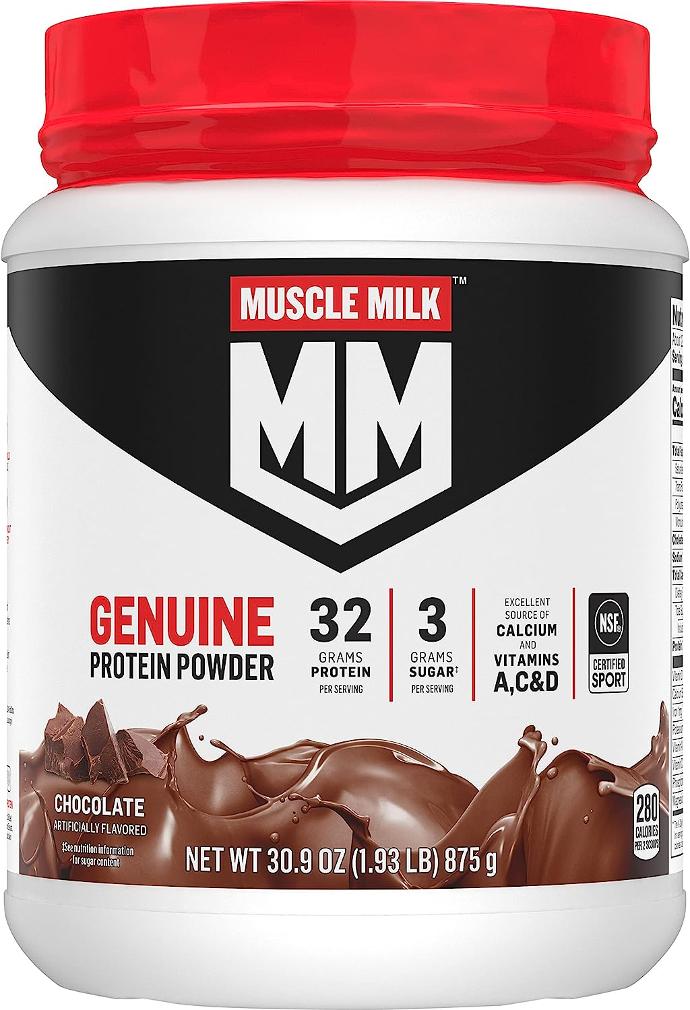
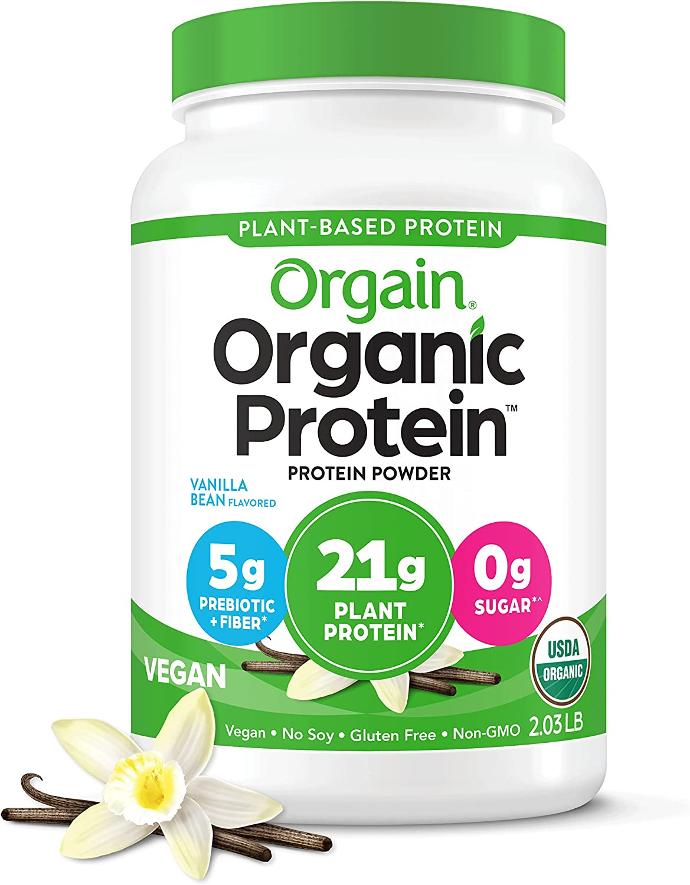
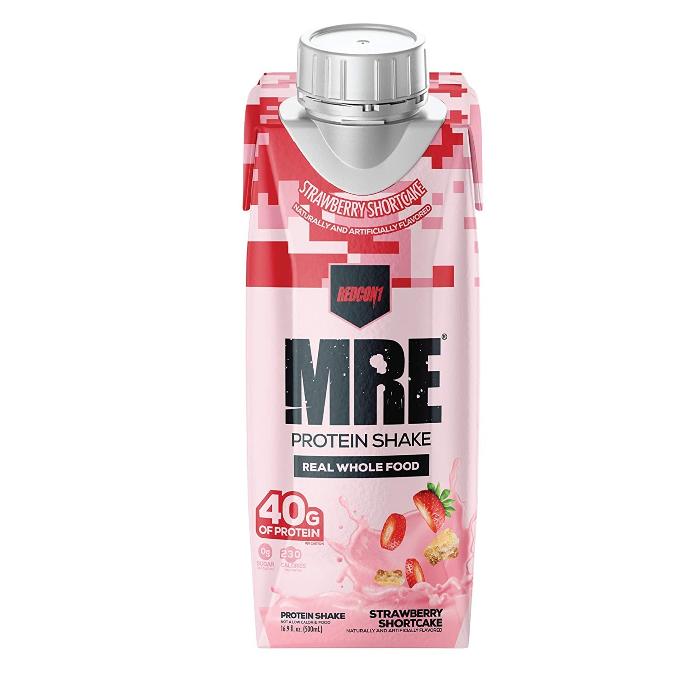
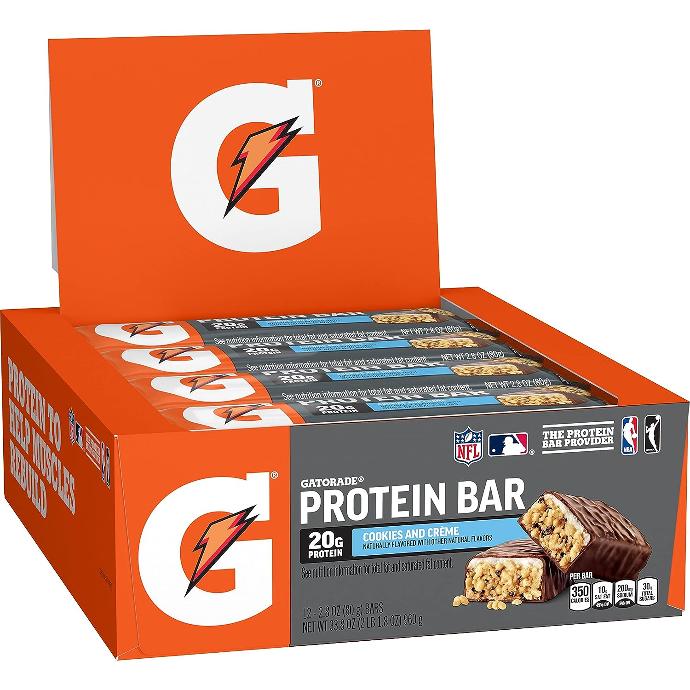
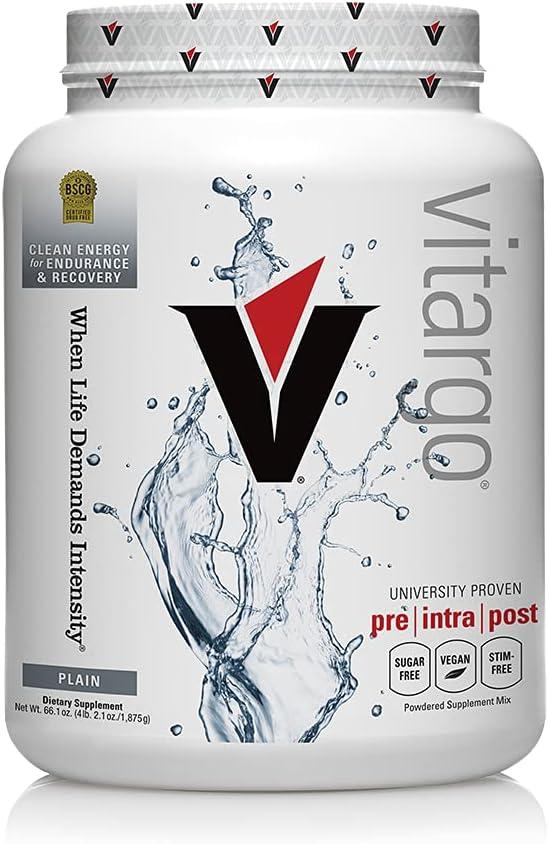
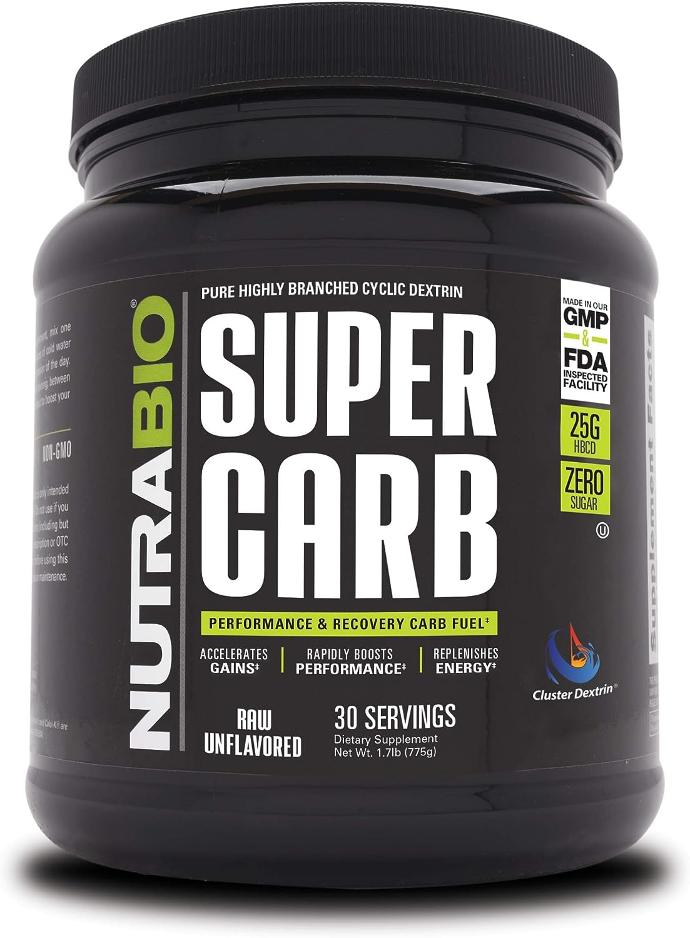
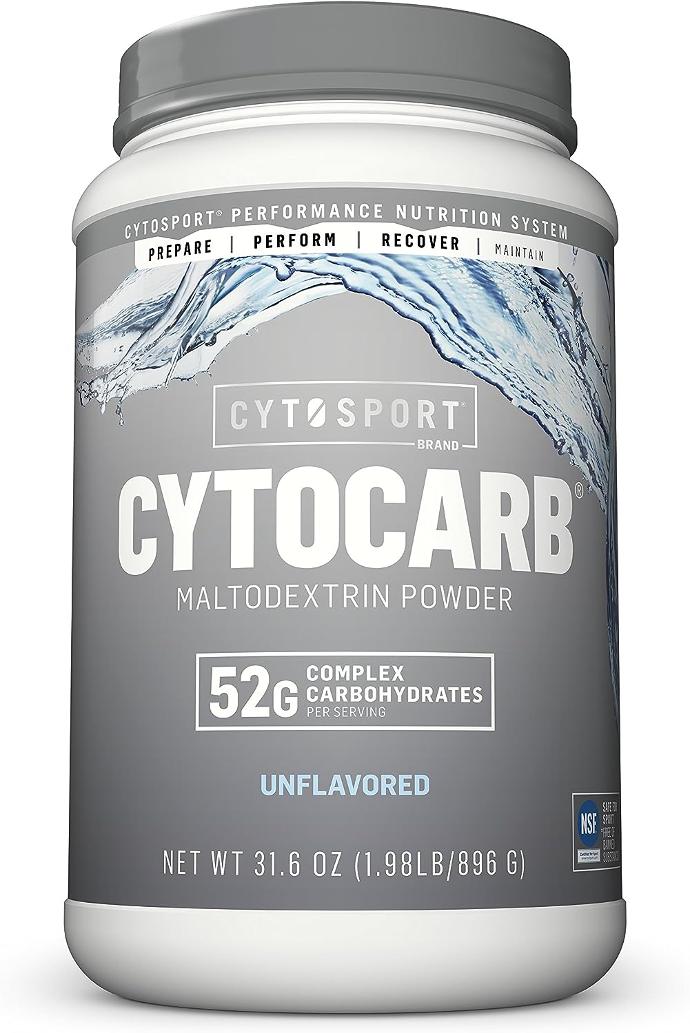
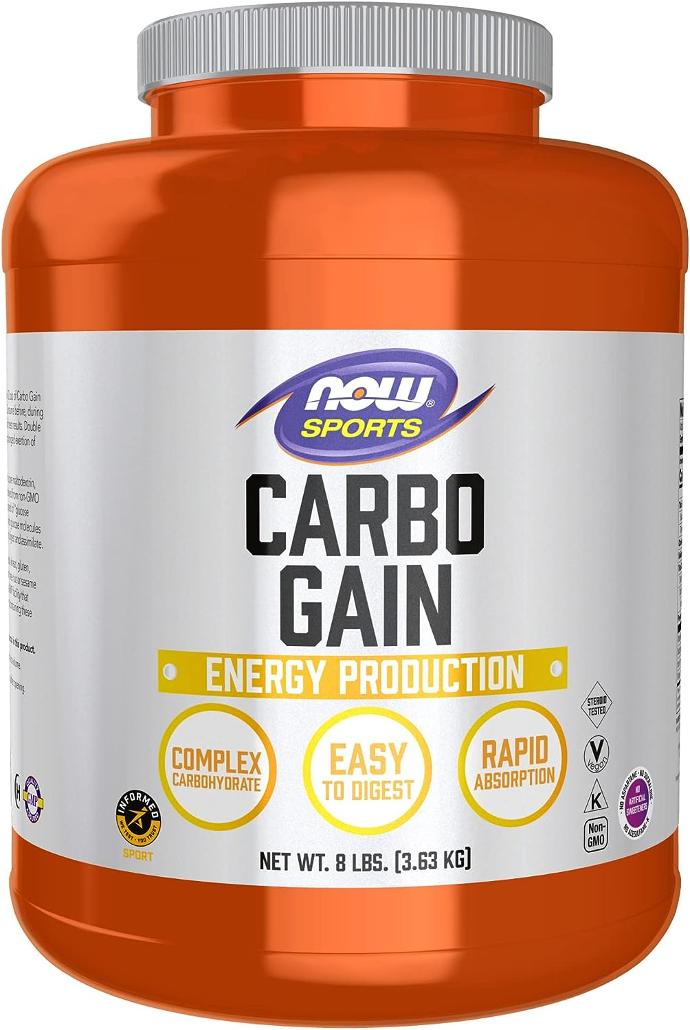
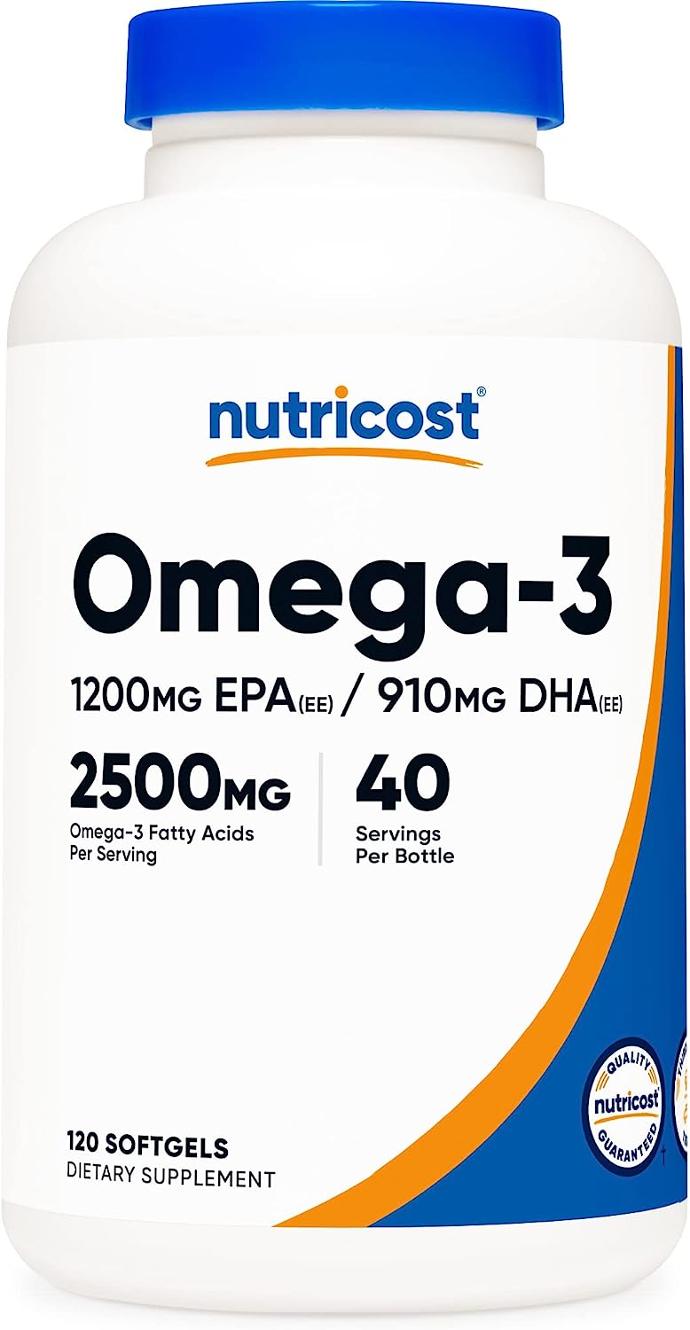

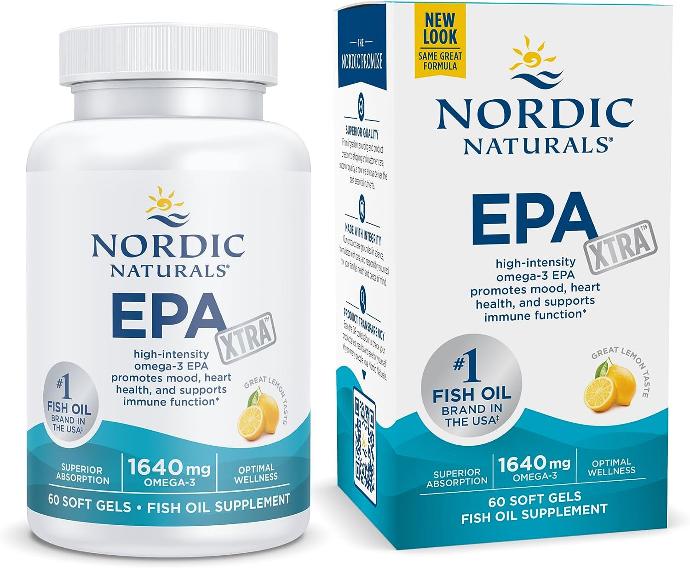
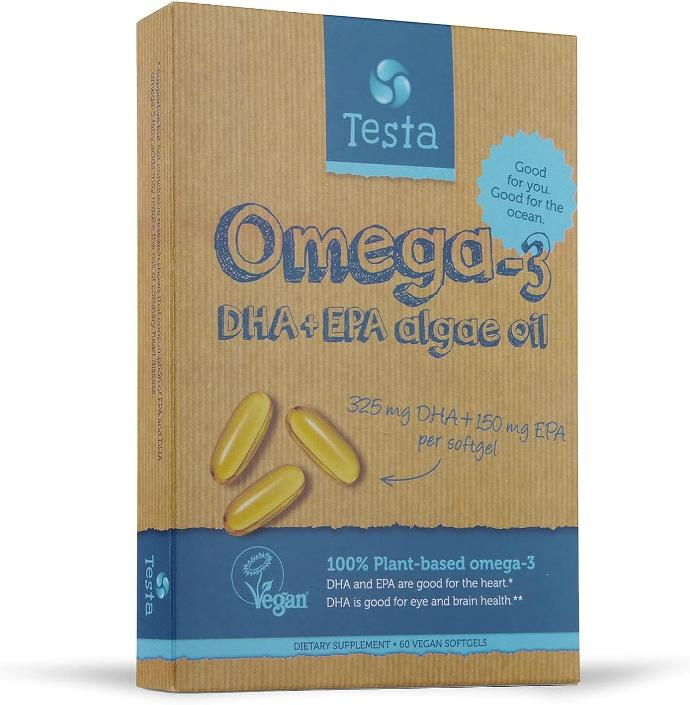
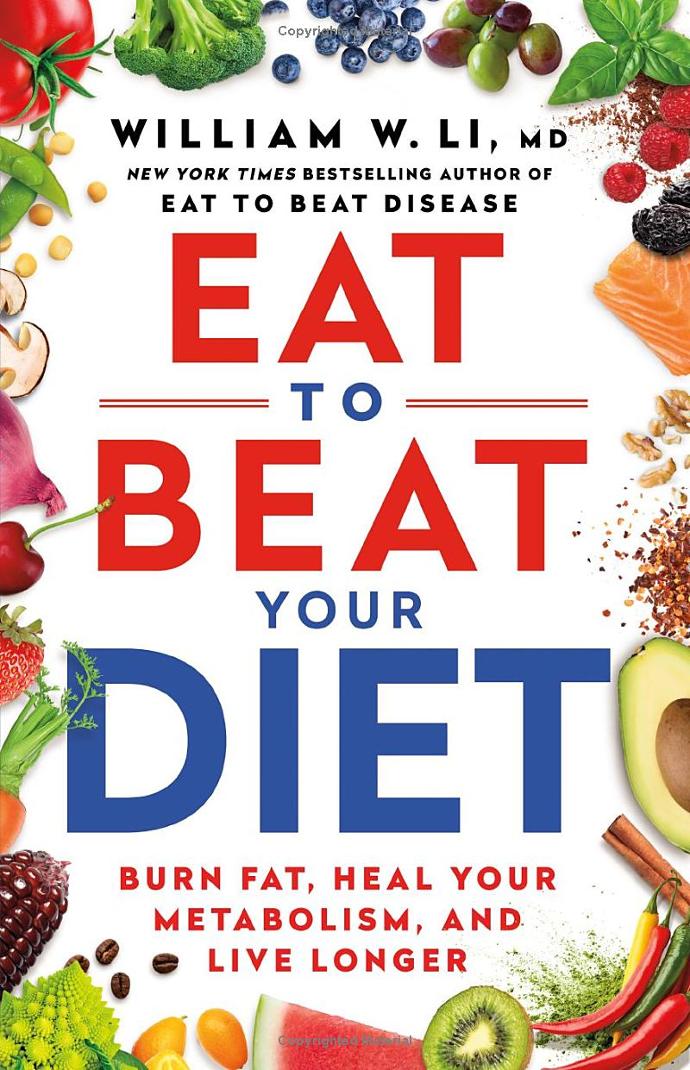
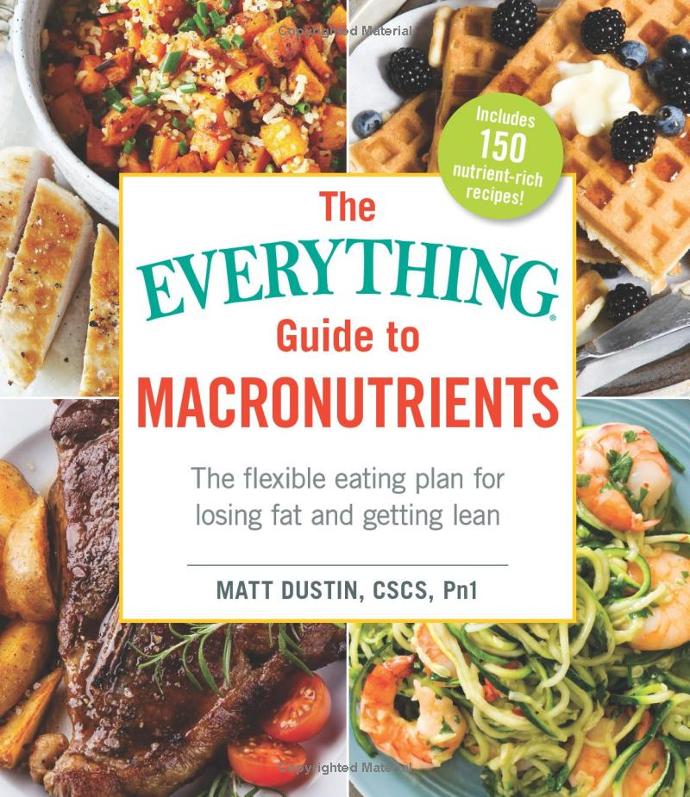
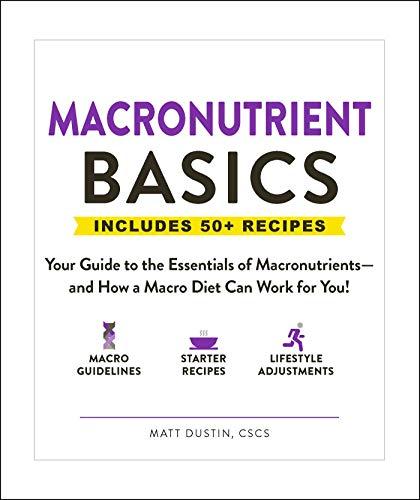
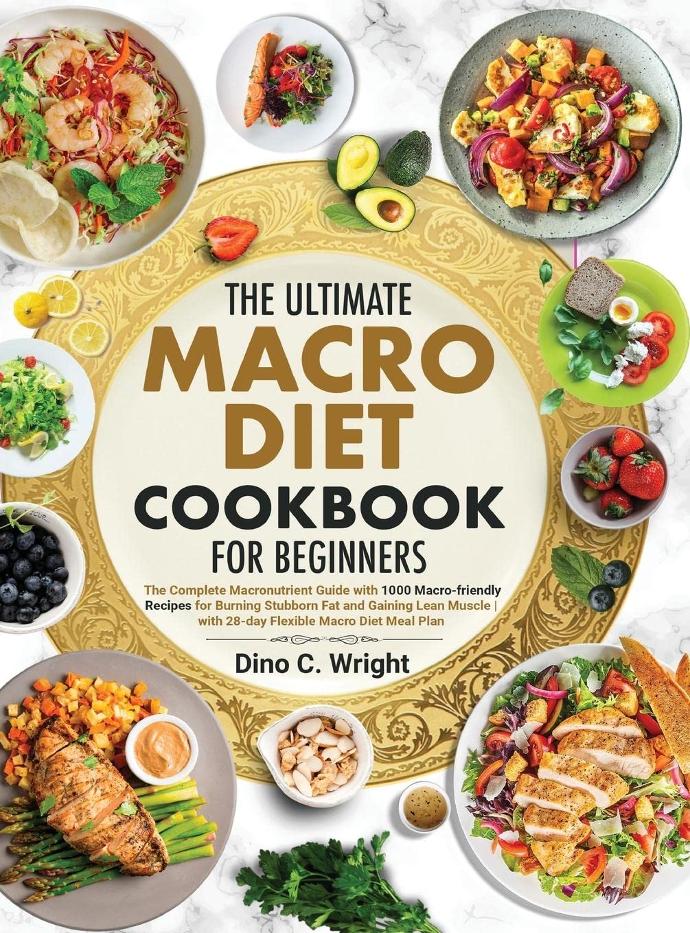
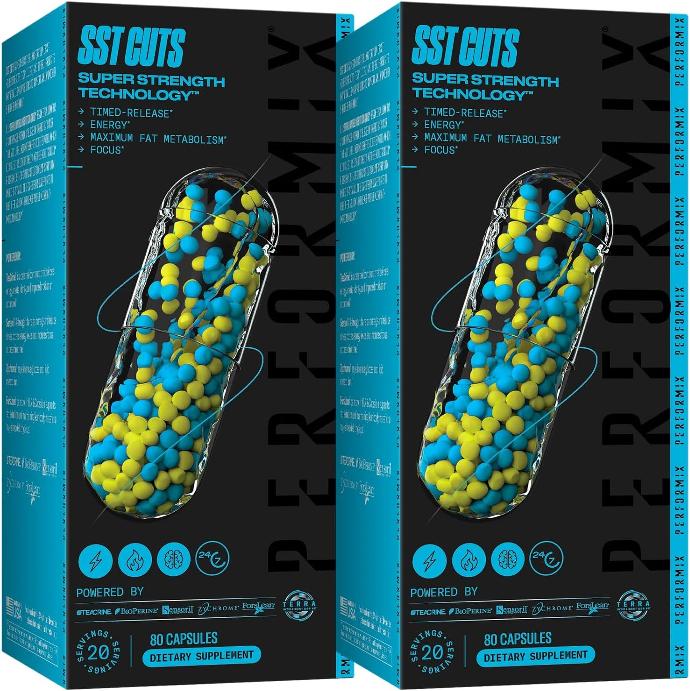
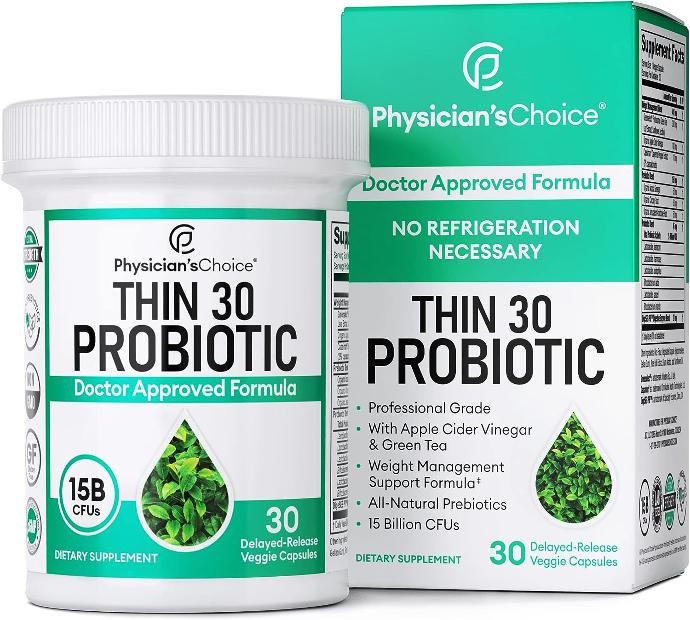
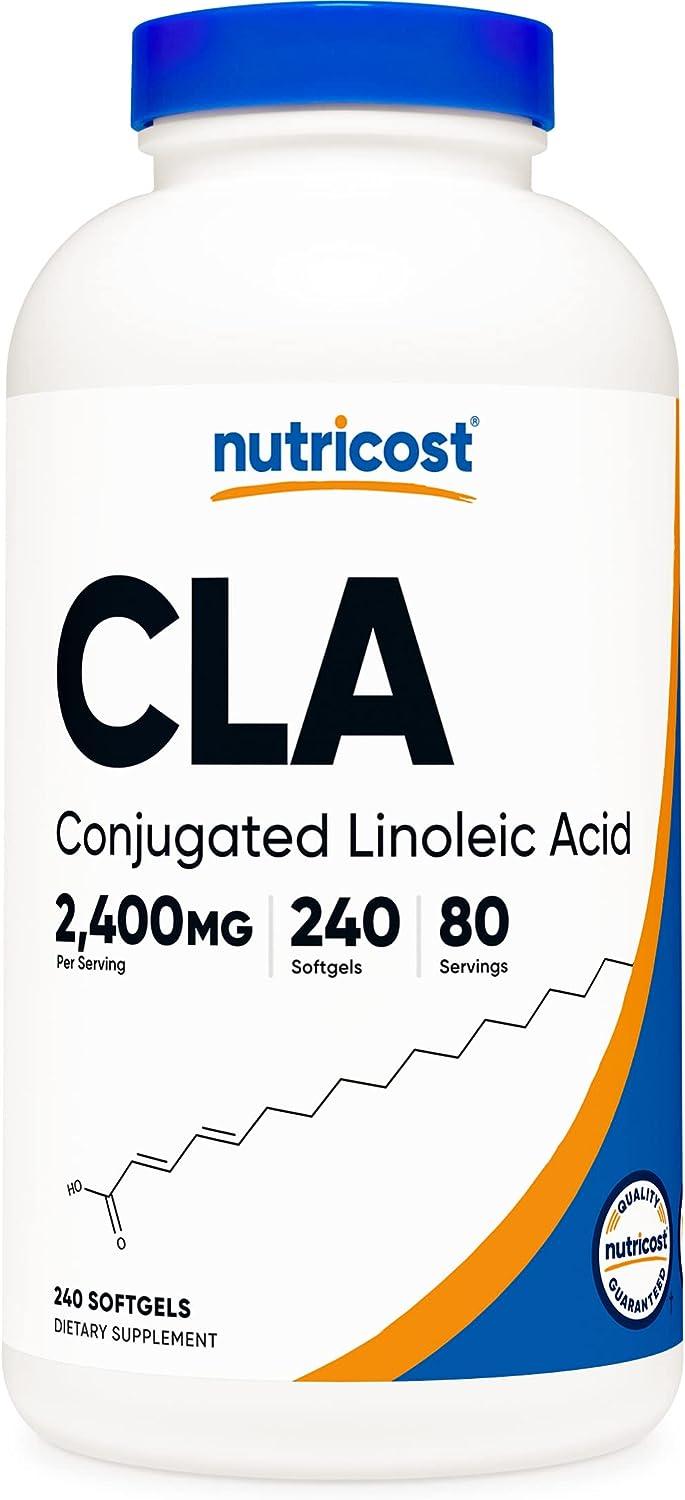
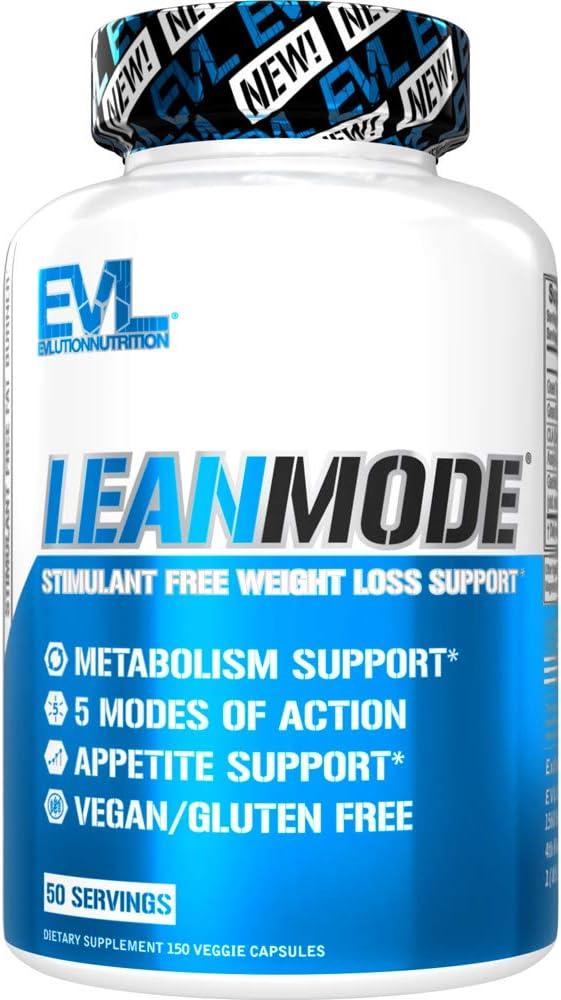
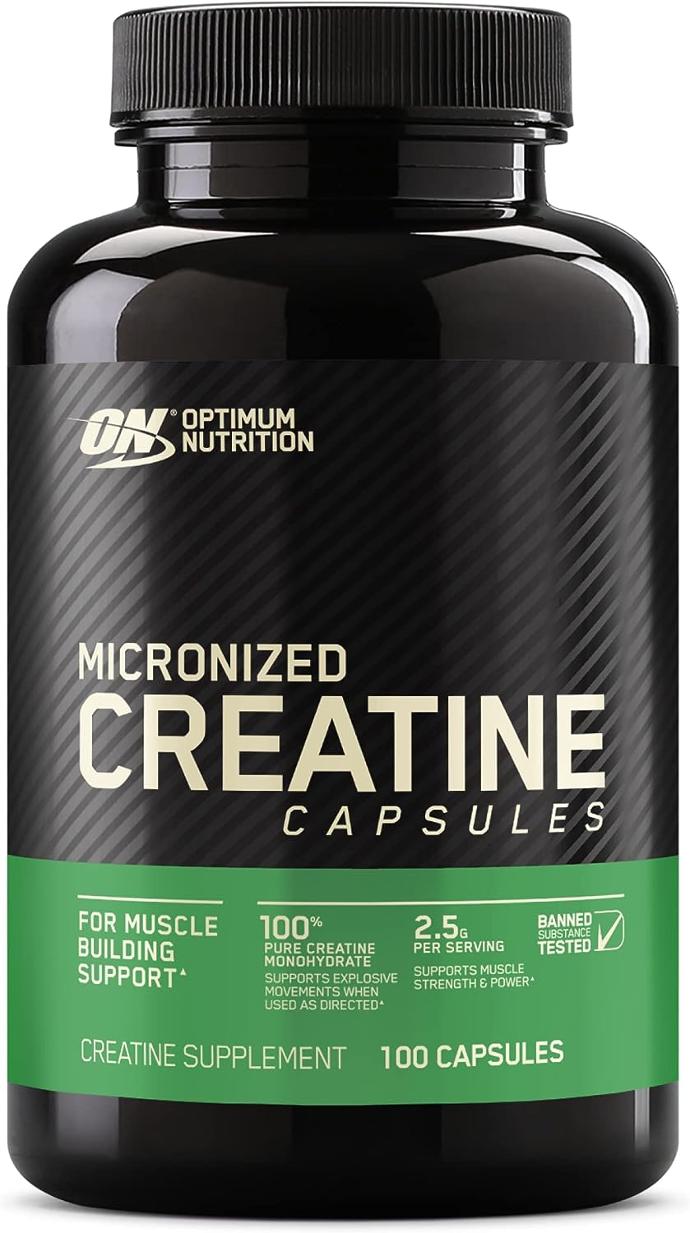
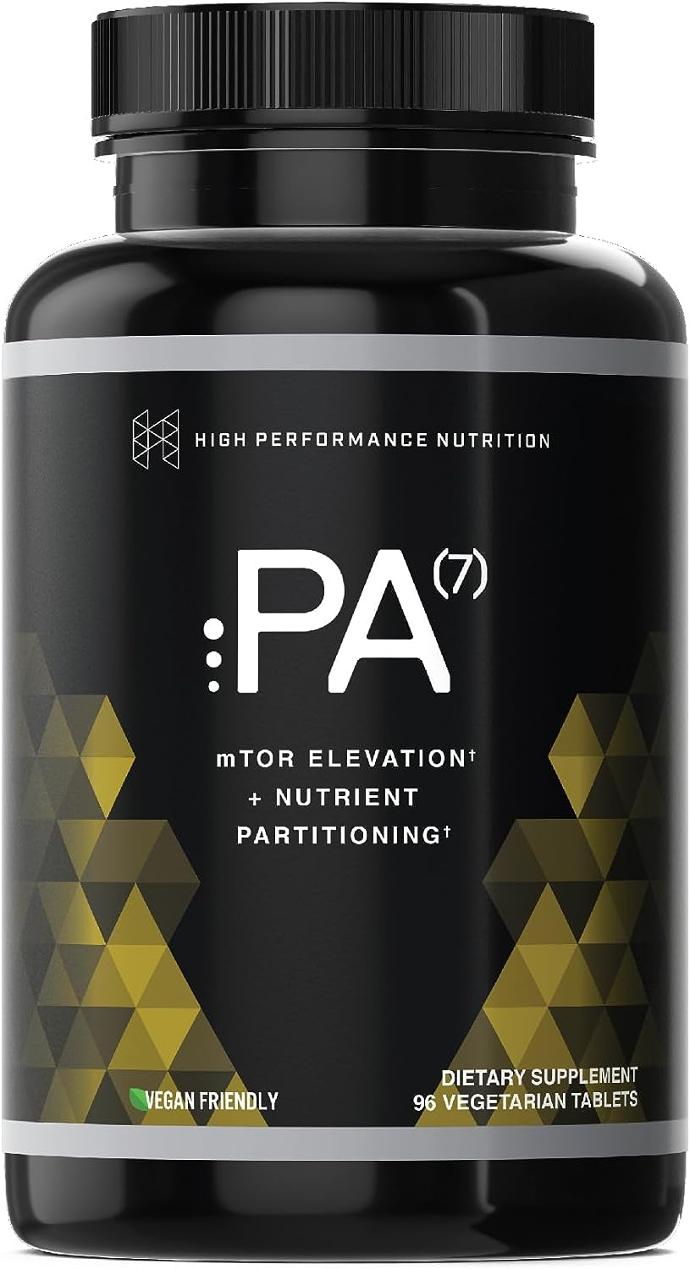
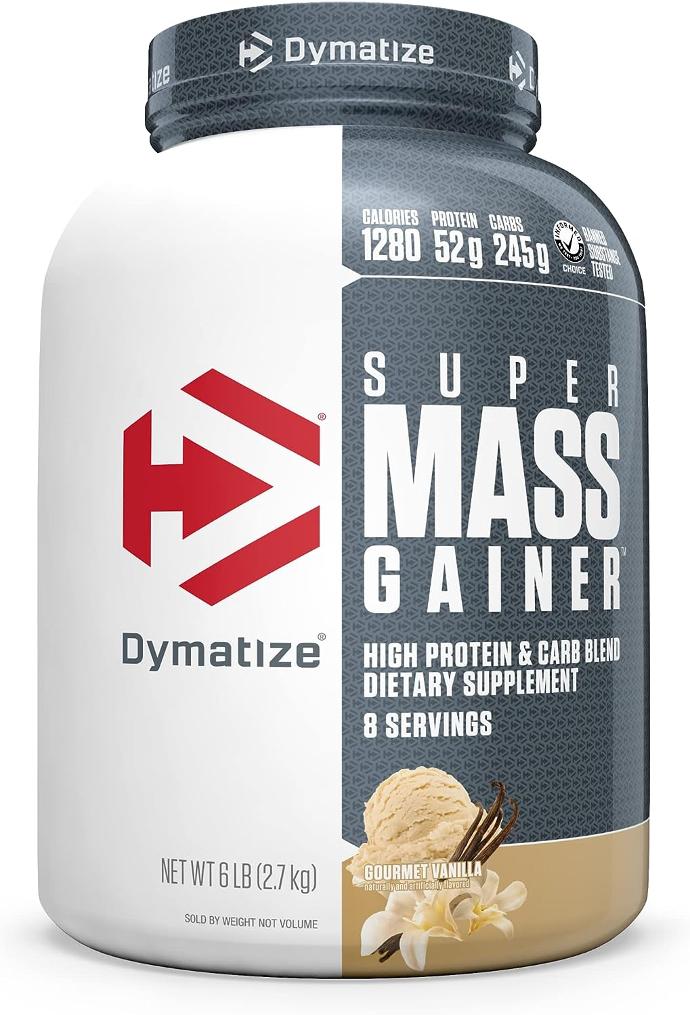
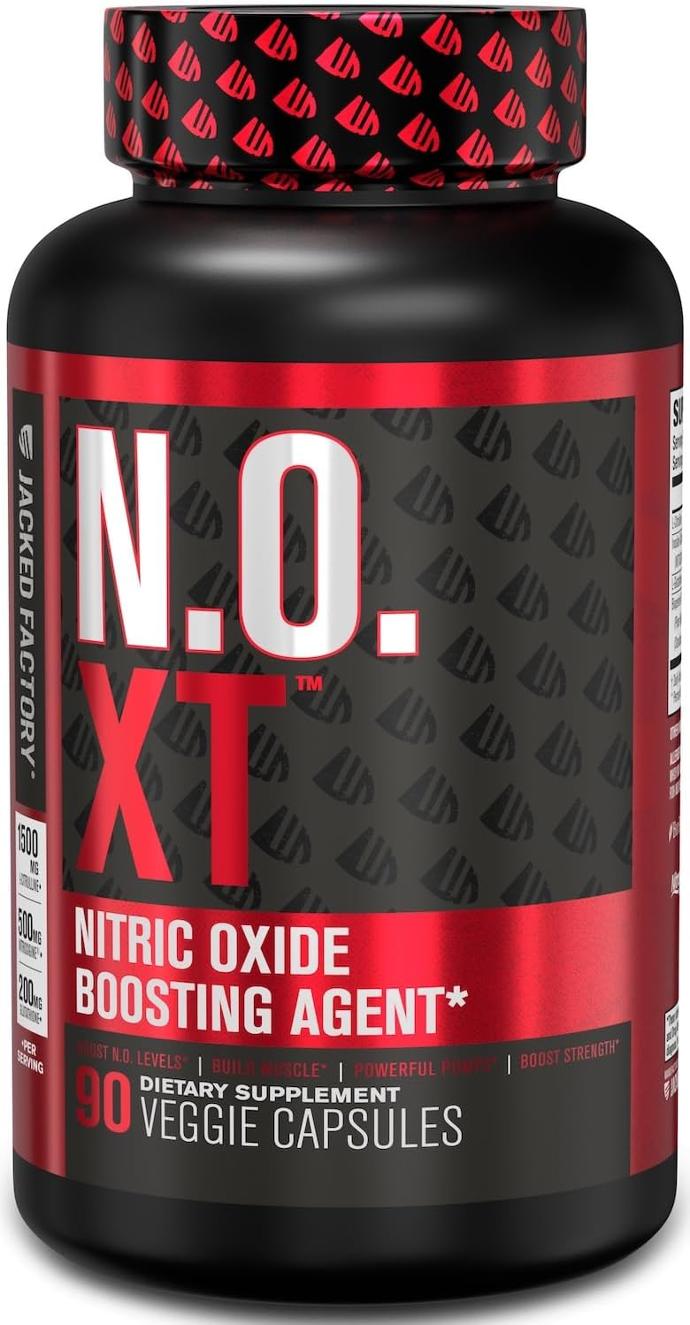
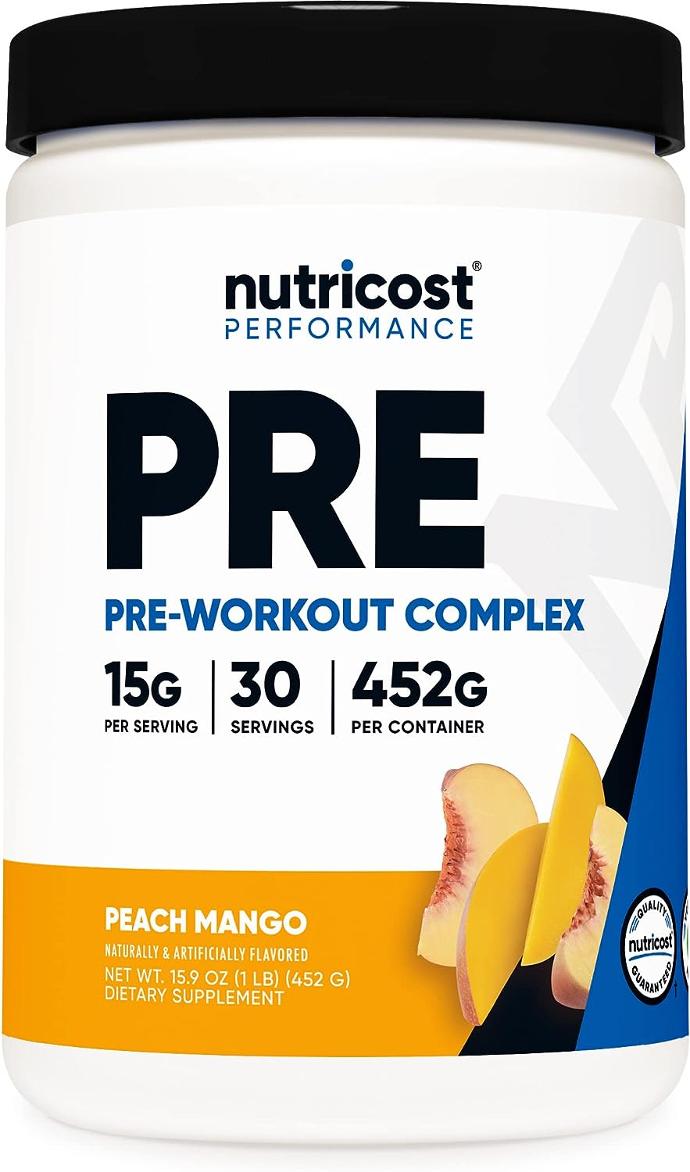
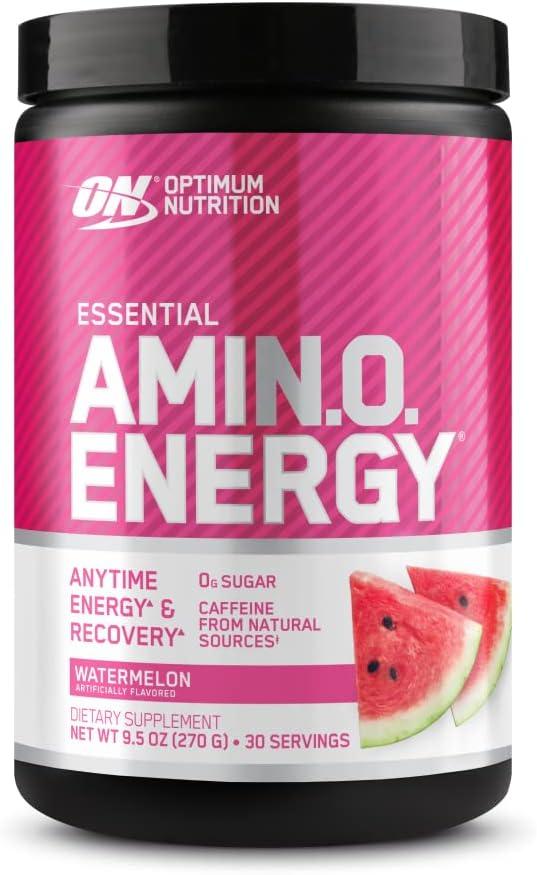
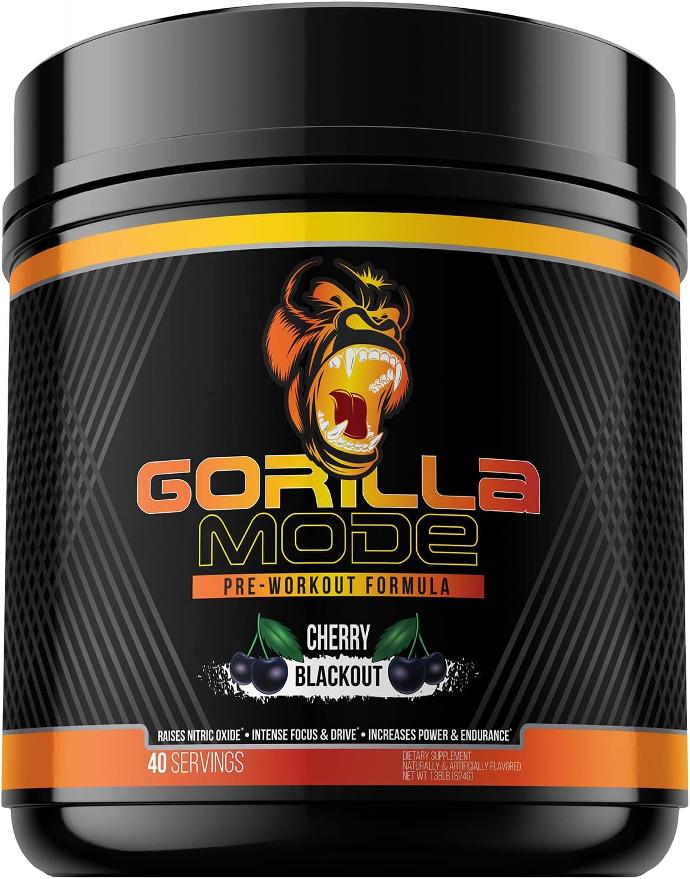
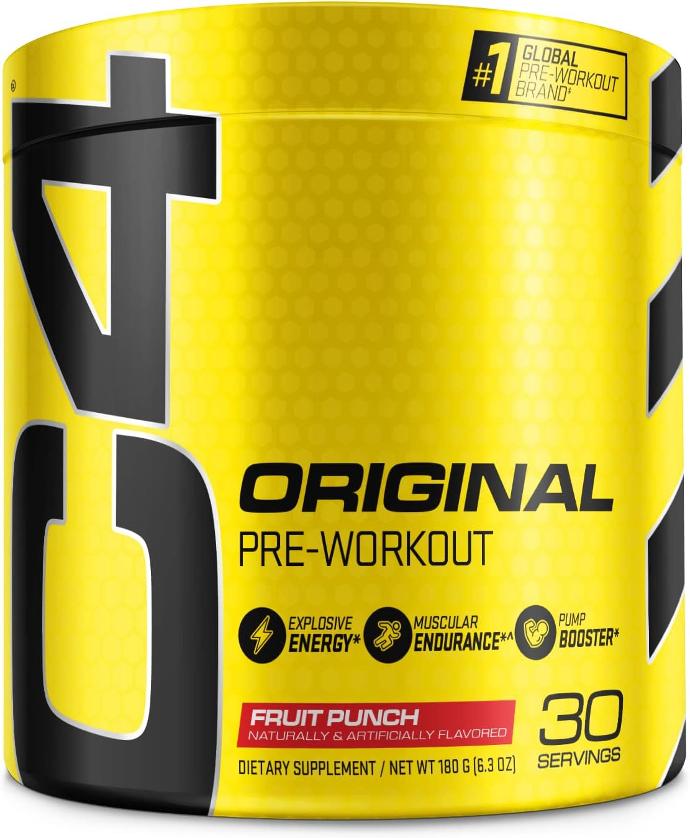

The Ultimate Guide to Macronutrients